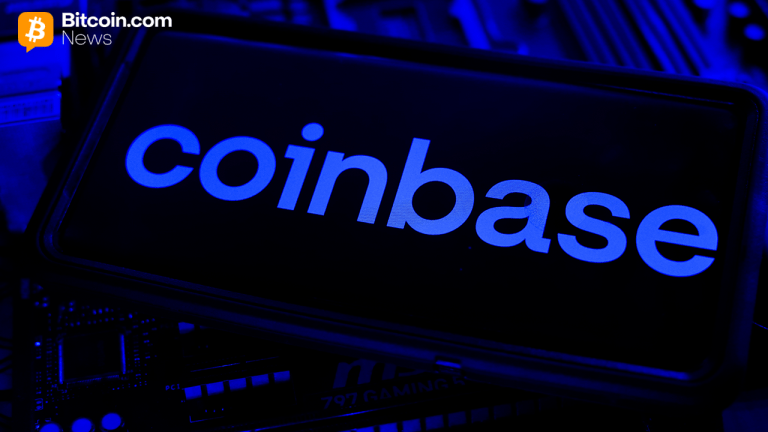Privacy should be considered in ‘potential retail CBDC’ — Treasury official
2 min read
Privacy and the ability to transact anonymously should be considerations in the design of a digital dollar, a United States Treasury official has said.
On June 13 the Treasury Department’s Assistant Secretary for Financial Institutions Graham Steele spoke at a payments-focused conference in Texas about the Federal Reserve’s controversial FedNow system and central bank digital currencies (CBDCs).
Steele said one challenge of a retail CBDC is minimizing illegal transactions while maintaining user privacy. He said considerations should still be made about how to protect user anonymity:
“It is important that we consider the extent to which privacy and anonymity might be preserved and explore the technologies and methods available, including Privacy Enhancing Technologies, to enable such protections in the design of any potential retail CBDC.”
In his remarks, Steele weighed the benefits and risks of a possible CBDC saying it could promote a “competitive payment environment.”
On the other hand, a retail CBDC would be directly backed by the Fed and could provide a safer option for consumers during bank runs which could “destabilize private sector lending” according to Steele.
He pointed to the recent banking crisis and said the “access to non-deposit alternatives outside of the banking system may have changed the nature and speed of bank runs.”
He added the U.S. “has not yet determined whether it will pursue a CBDC” but a Treasury-led group is evaluating the implications of a potential CBDC in the country.
Steele said the evaluation includes looking over “policy objectives related to global financial leadership, national security, and privacy, illicit finance and financial inclusion.”
Related: 7 central banks and BIS continue examination of ongoing policy issues for retail CBDC
On the Fed’s FedNow instant payments system, Steele thinks having multiple options for payment operations “promotes choice and competition in payments” which he believes will encourage the “development of new payment services and features” along with enhancing payments system resilience.
FedNow has witnessed political pushback. Presidential hopefuls Robert F. Kennedy Jr. and Ron DeSantis are against the system claiming it would pave the way for a CBDC which both claim will hand the government too much control.
In April, Federal Reserve Board governor Michelle Bowman said it was “difficult to imagine” that a CBDC could be justified beyond use in “interbank and wholesale transactions.”
Magazine: Tornado Cash 2.0 — The race to build safe and legal coin mixers







